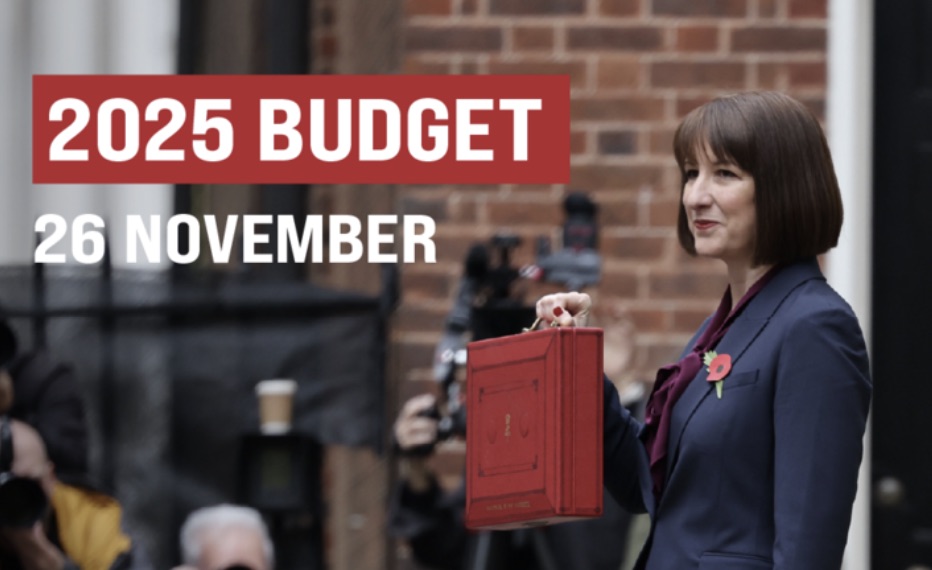
Advisers had mixed views of yesterday's Budget measures
Whilst the Budget may appear to have been less dramatic than feared by financial advisers, others said that the package of measures could prove harmful for their clients.
Dominic Tayler, UK managing director at Oakglen Wealth, said the Budget essentially penalises growth.
He said: “The Chancellor talked about growth today but has in fact penalised growth by restricting investment into pensions and through dividend tax increases for savers.
“The package of measures for enterprise was more encouraging, but efforts to dilute punitive policy around IHT relief on agricultural and business property only amount to a tinkering around the edges and need to have gone further, as the short-term damage for UK PLC here has already been done.”
There were also concerns about unintended consequences of the Budget that may unfurl over the next few months.
Daniel Casali, chief investment strategist at Evelyn Partners, shared concerns that higher taxes are likely to dampen economic growth and undermine the revenues the Treasury is attempting to protect.
He said: “In trying to plug holes in the public finances, Reeves may end up drilling new ones—creating a “bucket budget” that simply doesn’t hold water. Like Churchill’s analogy, it’s an exercise in futility: a fiscal plan that promises stability but risks leaking credibility, growth, and political cohesion.”
Many advisers and wealth managers had a more positive reaction to the Budget.
Mark FitzPatrick, CEO at St James’s Place, welcomed the Budget and said the changes to the ISA regime could help increase the number of Britons investing.
He said: “We were pleased to see that the Chancellor is taking action to encourage more people to invest by rebalancing the incentives in the ISA regime. Coupled with other measures underway to encourage retail investing, these are clear steps towards shifting an established environment of over-saving and under-investing, and we should continue to work towards the normalisation of an investing culture in the country.”
Despite sharing concerns over the impact of the rise of income tax on dividends to savers, investors and business owners, Nji Lorimer, head of UK domestic wealth planning at UBP, said the changes could provide opportunities for Financial Planners.
She said: “Despite the pre-Budget speculation, the announcements were less dramatic than anticipated. Key elements of the tax landscape, such as tax-free cash, potentially exempt transfers & the seven-year rule, and capital gains tax rates, remain unchanged. For those affected by the new measures, this Budget presents an opportunity to revisit financial plans, optimize tax efficiency, and ensure wealth is structured effectively for the future.
“As the dust settles, the focus will now shift to how individuals and businesses can adapt to these changes and make the most of the planning opportunities they present.”
Andy Wealthall, COO at Lifetime Financial Management, agreed that the Budget could bring opportunities to Planners.
He said: “With frozen income tax thresholds, rising inflation and complex savings proposals, the 2025 Autumn Statement quietly reshaped the financial landscape for private investors and advisers alike.
“As more clients drift into higher rate tax bands, forward thinking firms must prepare for a surge in demand for robust financial planning and long term wealth preservation strategies, using the time now to prepare for future proposed changes. All of this is against an obvious backdrop of economic pressure and shifting policy. The debate may have been louder than the Budget itself, but let’s not make the mistake of thinking that it wasn’t loaded.”
For other advisers, the content of the Budget affirmed why Britons should not make changes to their financial plans because of speculation.
Rebecca Williams, divisional lead of Financial Planning at Rathbones, said the Budget has demonstrated why making knee-jerk decisions can severely damage financial plans.
She said: “It wasn’t a bad Budget for pensioners in the end. The government was rebuked for the endless speculation that led many to make knee-jerk decisions - moves that could dent pension adequacy.
“Lesson learned: don’t react to noise. Speculation isn’t policy, and rash decisions can cost you comfort in retirement.”
Chris Ball, CEO of Hoxton Wealth, agreed that the Budget was less dramatic than had been speculated.
He said: "It feels a little as if the sting was taken out of it the Budget because of the leaks that took place, not just in the hour prior to the Budget but in the weeks before. It felt as if it was being soft launched, whether intentional or not, to get us to be somewhat accepting of what's eventually going to happen.
“As always with Budgets, there were items that would be welcomed by a lot of people, but these would be countered by measures that will make life more difficult for many people."